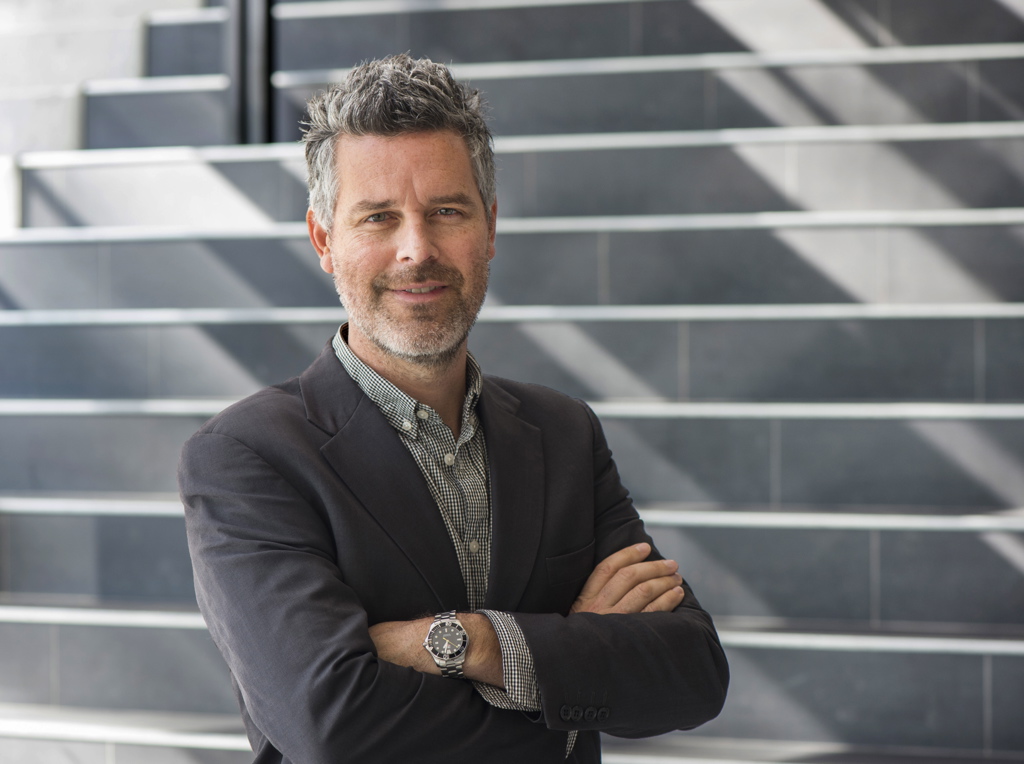
Two decades after Professor Mark Halsey arrived at Flinders, he discusses the impact his work has had on the justice system and how he juggles competing demands with his job.
What is your role and what does your work focus on?
I’m a Professor of Criminology in the College of Business, Government and Law and co-chief editor of the Journal of Criminology, and I focus on serious repeat offending and desistance from crime. From 2004 to 2013, I conducted one of the longest and most in-depth studies of these issues, which lead to the award-winning book Young Offenders: Crime, Prison & Struggles for Desistance (co-authored with Simone Deegan).
My current work, funded by ARC, examines problems faced by Aboriginal and Torres Strait Islander people after their release from prison in the jurisdictions of South Australia and the Northern Territory. I’m also co-lead investigator on projects examining the rehabilitation needs of veterans in prison (in SA, NSW and Queensland), the level of assisted desistance in prisons (NSW) and the problem of illicit drug use and supply in regional communities (SA).
Overall, my work is aimed at promoting more sparing use of juvenile and criminal justice mechanisms to solve what, in most instances, amounts to deep-seated cultural, economic and social problems.
What brought you to this point in your career?
I started my first full-time academic role at Flinders in 2000, and have been with the University in some capacity ever since. I did spend three years with the University of Melbourne as a lecturer and senior lecturer in criminology, but I held adjunct status at Flinders during that time.
Just before I left for Melbourne, I heard of the success of a large ARC grant and the fieldwork attached was in South Australia. I came back to South Australia and full-time work at Flinders in 2008. Soon after, I was promoted to Associate Professor, then about a decade ago, to Professor.
Can you describe a challenge in your life and how you dealt with it?
One of the biggest challenges in academic life has been contending with the enormity of the job and the diverse roles involved in being a successful academic. There are times I’ve felt overwhelmed by the magnitude and number of research projects I have going, the need to attend to students I teach, the requirement to engage productively with the community and other stakeholders, and a need to attend to administrative elements of the job. Thanks to some advice from respected colleagues and mentors, I’ve learned the value of prioritising tasks and being comfortable that sometimes, some things are just going to have to be put on the academic back-burner – and some of these will take up permanent residency there!
Overcoming the feeling of angst, or a sense of not rising to the occasion has been an important (but very difficult) lesson for me to learn, but thanks to respected colleagues who have mentored me throughout my career, good things can still be done.
What is something you are most proud of?
On a personal front, I’m most proud of my children.
Professionally, I’m probably most proud of successive ARC funding I’ve been awarded, and the privilege attached to it – especially the work this money has allowed me to do. I’ve worked with and heard stories from some of the most vulnerable people in society and brought these stories and their policy implications to local, national and international audiences.
I’m also proud of my latest book, based on my ARC Future Fellowship – Generations Through Prison: Experiences of Intergenerational Incarceration (co-authored with Melissa de Vel-Palumbo).
What does a normal day look like for you?
I can’t say there is such a thing as a normal or typical day for me. Depending on where I am in a project determines what my day looks like: there can be periods where fieldwork is the main task, then data analysis and writing up, but there are also periods where pitching and building toward the next project takes up a lot of time. And we can’t forget the meetings —sometimes lots of them!
How do you like to relax or spend your spare time?
I like mountain bike riding, relaxing with friends, and, of course, spending time with my children – particularly my youngest.

